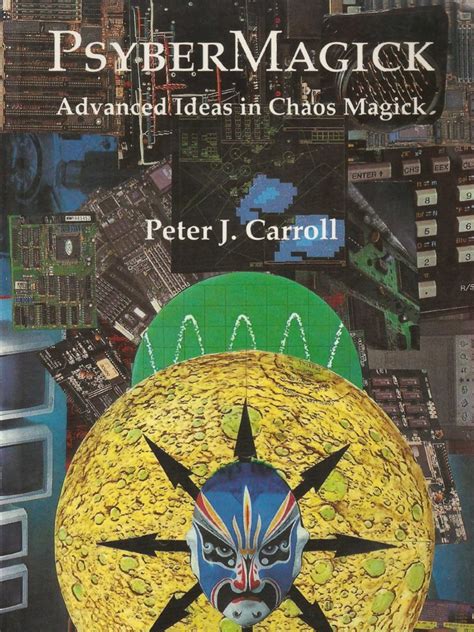A Quote by Theodor W. Adorno
All satire is blind to the forces liberated by decay. Which is why total decay has absorbed the forces of satire.
Related Quotes
For me it's really important that the work here displays an aesthetic of decay along with the sunken boat with the broken ceramic pieces. They form a unity in showing the power of destruction, the beauty of destruction, whether it's from nature - because the boat has sunk - or through other forces. It's really the beauty of decay and death that holds a power here.
Enforcing equality to compensate for the monstrous unfairness of nature destroys liberty.
But total liberty leads to various forms of "aristocracy" and decay.
Yet total equality leads to oppressive statism and decay.
However, equality of opportunity leads to a vibrantly chaotic and creative meritocracy.
I just think everyone knows you go on those [political satire] shows if you're a politician to, "humanize yourself" - to show, "Hey, I can take a joke." Well, why should satire be in the service of humanizing these people who are supposed to be the target of our venom and vitriol? I think that's unseemly.
We have entered a period of intolerance which combines, as it sometimes does in America, with a sugary taste for euphemism. This conjunction fosters events that go beyond the wildest dream of satire- if satire existed in America anymore; perhaps the reason for its weakness is that reality has superseded it.
I tell the truth and I don't try to sugarcoat things. But I also decided that if you don't use humor or satire, then it's just too dark all the time. And one of my favorite literary works is A Modest Proposal by Jonathan Swift. As you know, that was an enormously famous satire piece that was able to point out, you know, things to people in a different way. And I do believe that satire and humor can reveal truth in a way that sometimes doesn't get revealed through other means. And so I decided to, every now and then, use satire and humor as well.








































